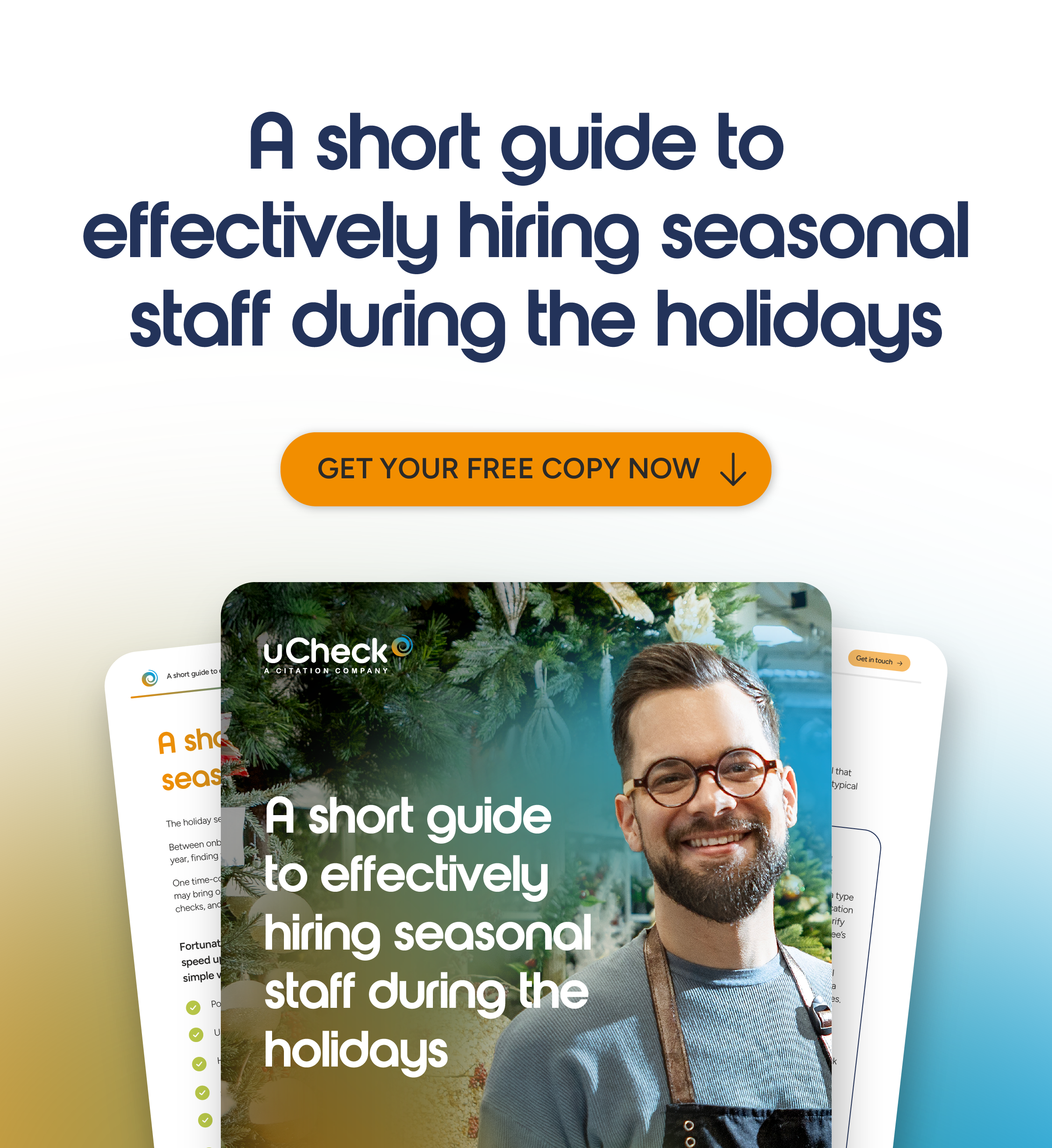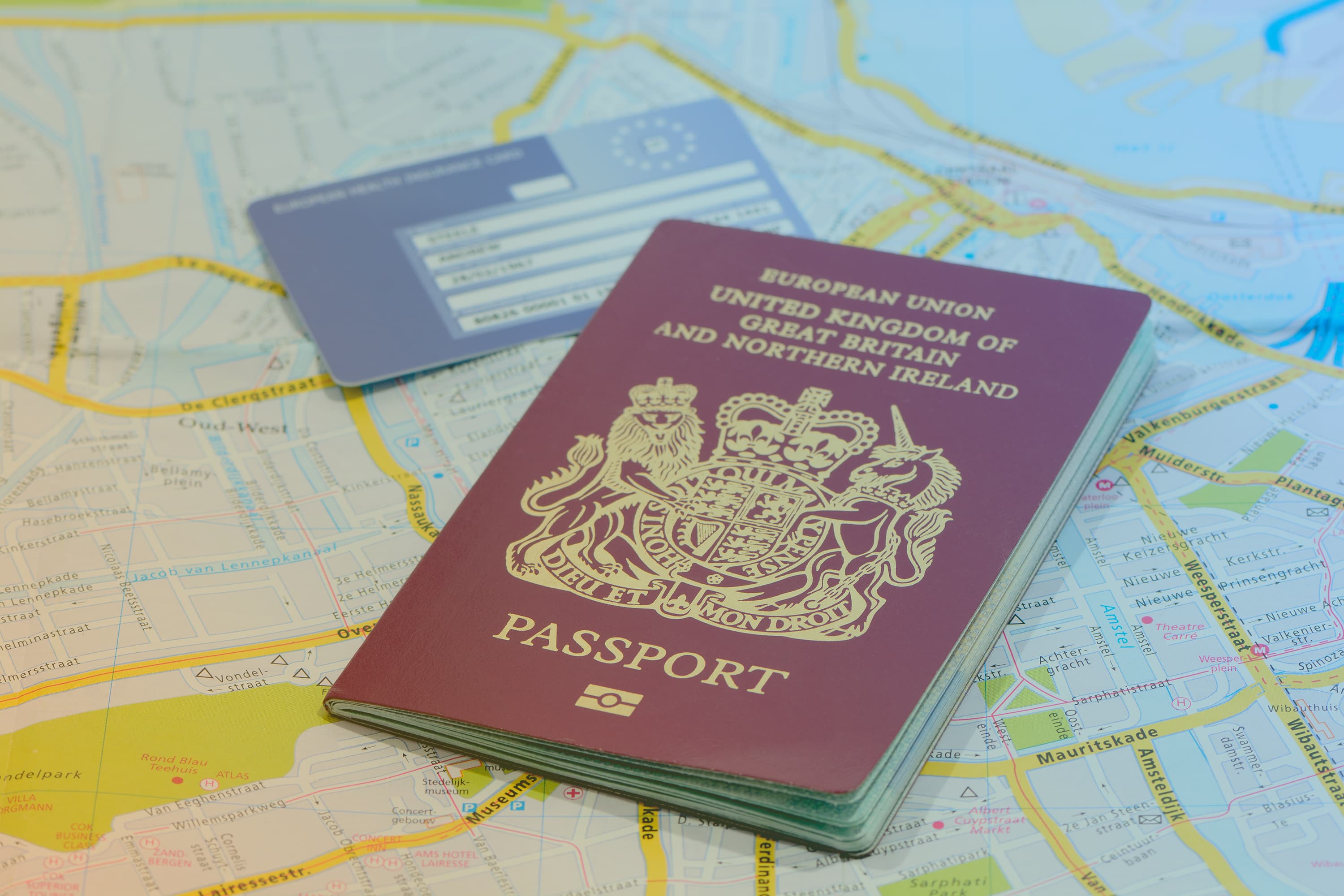One of the most frequent questions we’re asked is for an explanation of the differences between Basic, Standard and Enhanced DBS checks.
So, we’re here to clear up the confusion once and for all!
It’s important for both employers and job seekers to understand the differences between Basic, Standard, and Enhanced DBS checks so applicants can receive the correct level of screening for their role.
Here’s our quick and simple breakdown on the different DBS checks, and which ones are suitable for certain jobs.
Basic disclosures
A Basic disclosure is the lowest – and cheapest – level of screening possible. This provides confirmation of a person’s previous unspent criminal convictions or conditional cautions.
There’s no profession which specifically insists on a Basic disclosure, but employers might ask an applicant to get one done to help decide if they’ll be right for the job role.
You’d expect to find Basic disclosure checks for industries like construction (e.g. when working in residential, public, or commercial property), or in hospitality and retail.
However, any role that involves regular contact with children or vulnerable adults would require a more thorough level of check – no matter the industry you work in.
Standard disclosures
Similar to Basic disclosures, Standard disclosures document previous unspent criminal convictions and conditional cautions.
However, Standard disclosures also include spent convictions, cautions, reprimands and warnings. This means an employer can see the majority of a person’s criminal history, not just current convictions.
You’re likely to see Standard disclosures requested in financial and legal industries for lawyers and accountants, who detail with sensitive information. A Standard check will show if someone has any prior offences that could have an impact on industry-sensitive matters like financial misconduct or fraud.
Enhanced disclosures
There are two types of Enhanced check:
- Regular Enhanced DBS check
- Enhanced DBS check with barred list check
The first provides the same level of detail as a Standard check, but includes any information held by local police that’s relevant to the role.
The second includes a children or adult’s barred lists check, which sees if the applicant has any order against them to stop them from working with children or vulnerable adults. However, this is only available for certain job roles, or if the applicant will be engaging in regulated activity with children and/or vulnerable adults.
Individuals on these lists have either:
- been convicted for a relevant offence involving children or vulnerable adults, or,
- caused harm – or shown a risk of harm – to children or vulnerable adults at a previous job/during a volunteering role
Roles in education and healthcare require an Enhanced DBS check. But you’re also likely to find them in leisure work, transport, or at places of worship.
The differences between Basic, Standard and Enhanced DBS Checks: a summary
So, to sum everything up:
- Basic disclosures can be requested by any employer as part of a judge of character
- Standard disclosures are most common in the financial and legal industries
- Enhanced DBS checks are needed for any roles involving work with children or vulnerable adults such as education and healthcare
We hope this has helped clear things up! But if you’ve got any further questions, don’t hesitate to get in touch. We’re always happy to help, and our live chat feature is available for you to use to get speedy replies on your queries.
At uCheck, we offer all levels of DBS checks, and offer super speedy turnaround times to boot, helping you get your candidates screened and onboarded as fast as possible. Ready to elevate your hiring game? Get started today!







